Secure Collaboration
In collaborative settings, control over document management might get complicated. By restricting content modification based on user access roles, you enable your team to work collaboratively without unnecessary risk. Flexum will help you ensure that the right people have the right access and boost both security and productivity. Tailor permissions for each team member and benefit from an added level of collaboration without compromising integrity.
Start Restricting Content Access Today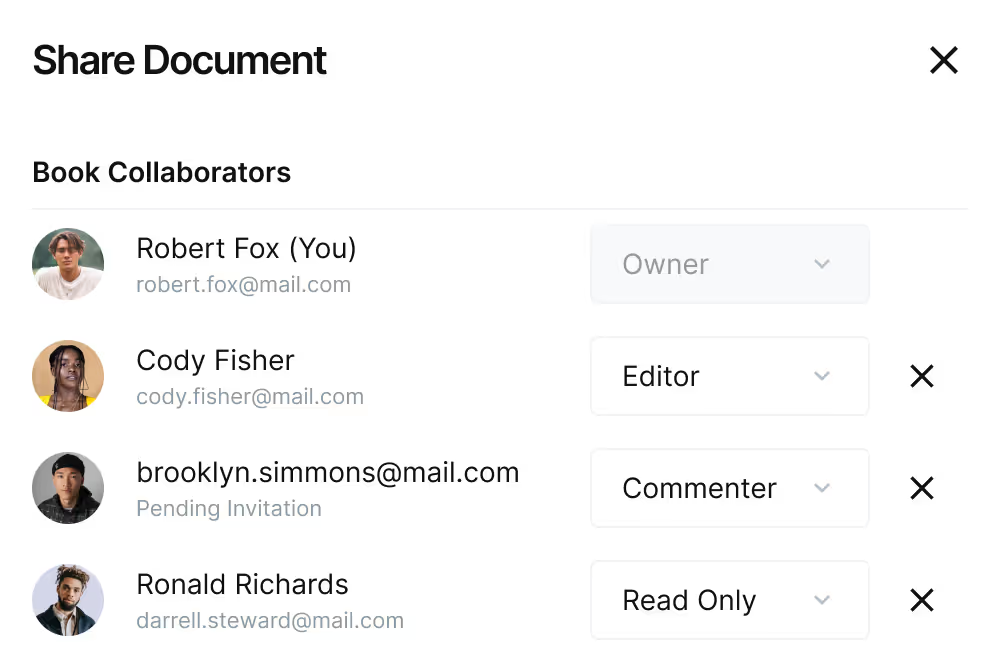







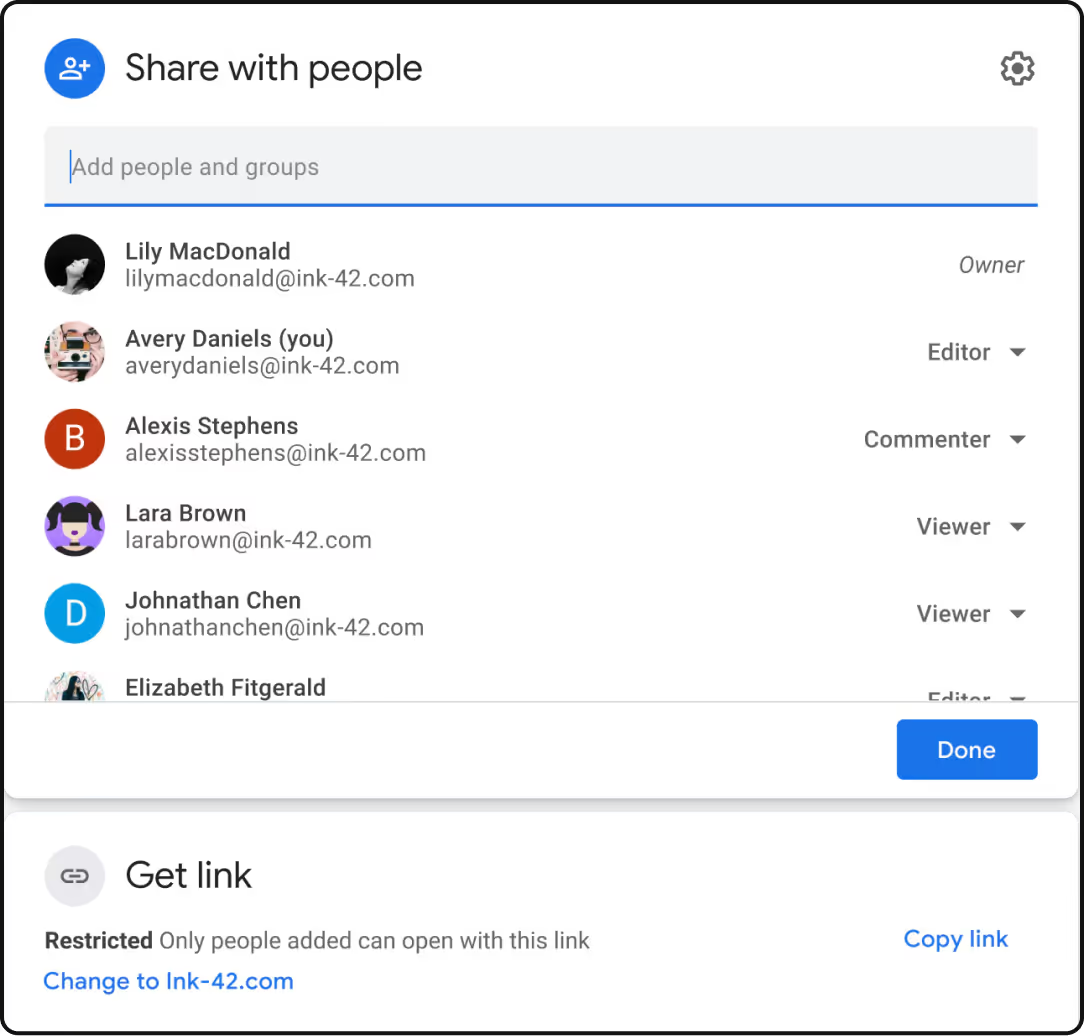
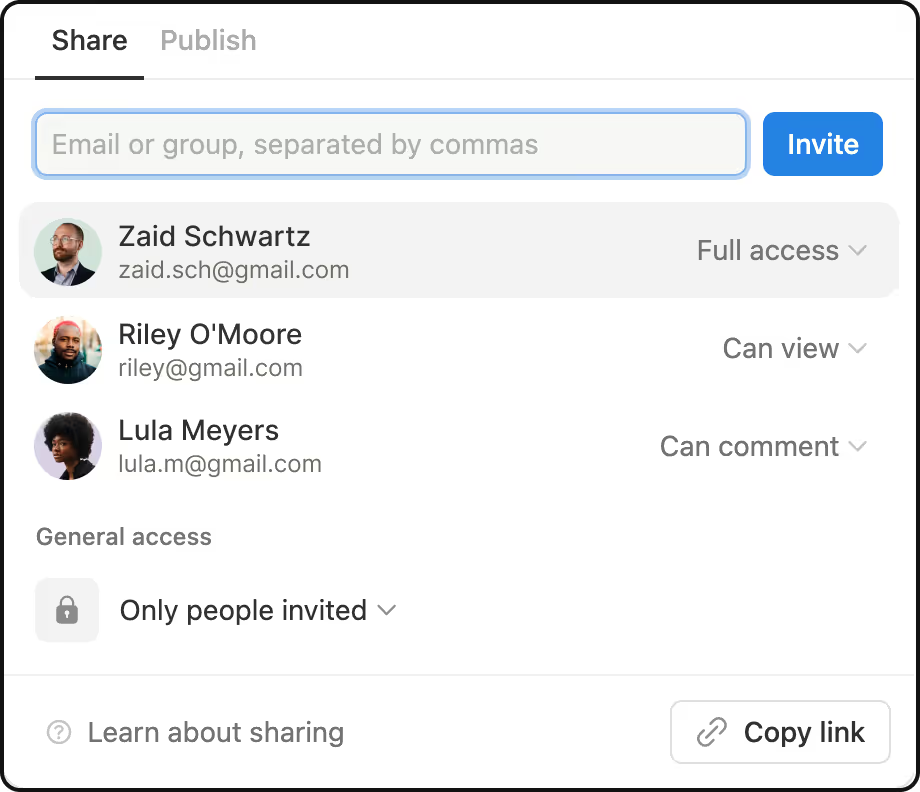
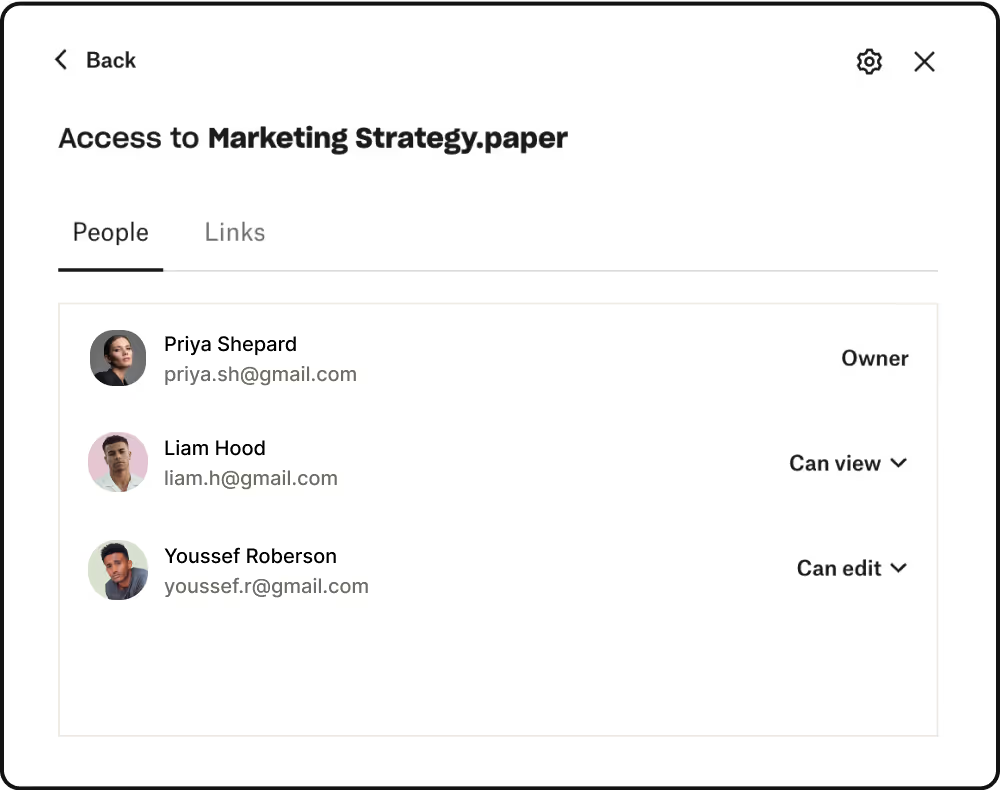
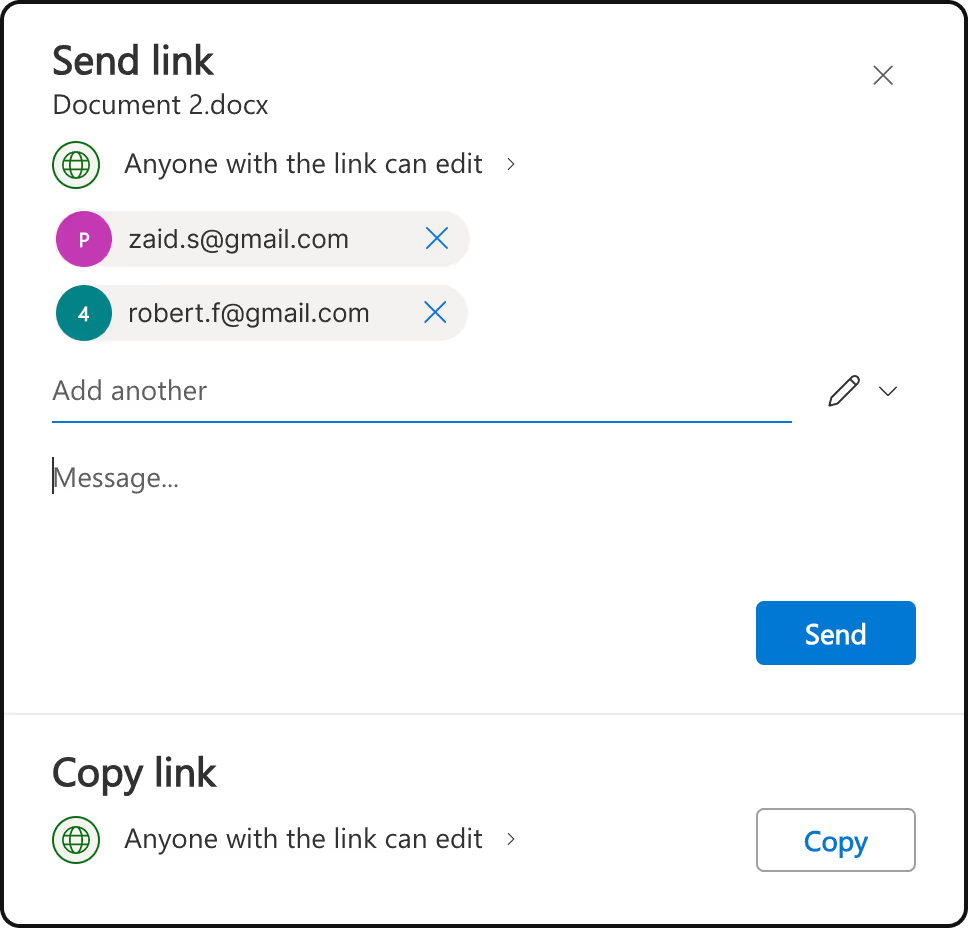
.avif)
